VAT And School Fees – Helping To Fund Education Costs For Future Generations
One of the first steps for the new Labour government as set out in its manifesto and the King’s Speech is to “recruit 6,500 new teachers in key subjects to set children up for life, work and the future, paid for by ending tax breaks for private schools.”
It is a policy that was first announced well before the general election campaign although much of the detail has yet to be announced.
At present, independent schools are exempt from charging VAT on school fees, and this is the ‘tax break’ that the Labour Party wants to end.
When could these proposals be introduced?
To levy VAT on private school fees, the government would need an Act of Parliament, which would become law when it receives royal assent. But that is not necessarily when the law takes effect.
It is very likely that further detail will be included in the Autumn statement, expected mid-late September.
Before the election, The now Chancellor Rachel Reeves, confirmed that Labour would not hold a Budget without forecasts from the Office of Budget Responsibility. There is also a possibility of anti-forestalling legislation, the effect of which is to prevent the taxpayer from taking steps to work around the tax changes that are to become law.
How can we help?
There is plenty of commentary on the merits and demerits of these proposals, and we will only see the real results in the fullness of time. However, many families are now looking for more tax-efficient ways to help pay school or university fees, especially as they are faced with increased cost of living, rising mortgage rates and to add to that – VAT on school fees.
Advanced fees
A number of independent schools have offered this option, but it comes with various caveats and uncertainties.
Gifts from Grandparents
Many families turn to grandparents to help with the funding of school fees, education is a noble legacy that many elderly grandparents would like to leave behind for their grandchildren.
Where grandparents make gifts in excess of £3,000 from of their capital, the first £3,000 per donor will be exempt from Inheritance Tax (IHT) and the balance will be treated as a Potentially Exempt Transfer which would then fall away upon survival for seven years.
Grandparents can also consider making ‘gifts out of surplus income’ which would be exempt from IHT. To qualify for this exemption, the gift must be made from ‘surplus’ income (post tax) whereby the donor is still left with sufficient income to maintain their usual standard of living after making the gift(s). The gift must form part of the normal expenditure for the donor. Making this habitual and establishing a regular pattern would provide credence to qualify for the IHT exemption.
Where grandparents are receiving income from some assets (e.g. property etc) and then making gifts from their after-taxed income, they could consider other more tax-efficient strategies of ‘channelling’ that income to fund school fees, as described below.
Grandparents’ Trusts
Grandparents who have accumulated wealth over the years and want to reduce their estate’s exposure to IHT can consider setting up a Discretionary Trust and they can settle assets up to their Nil Rate Band(s) under that Trust.
An asset such as a rental property which might be sitting on a significant capital gain is ideal for this type of planning, where the capital gain can be deferred and, provided there is no mortgage on the property, such a transfer would not incur a Stamp Duty Land Tax charge. Upon survival for seven years, these assets would then fall outside of the grandparents’ estate for IHT purposes.
The rental income from the property would then accrue to the Trust which would be subject to income tax at 45%. However, the Trust can then distribute this rental income to the grandchildren who can seek a credit for any tax suffered by the Trust, resulting in the grandchildren possibly receiving tax refunds from HMRC. These distributions can be used to pay school fees with a minimal income tax liability. The Trustees of the Trust (usually the grandparents) can enter into a contract with the schools to enable the Trust to make fee payments directly to the school.
Family Investment Companies (FICs)
Another alternative to mitigate IHT and to enable an income to be paid to the grandchildren is for the grandparents to consider setting up a Family Investment Company with alphabet shares to enhance the flexibility to extract profits. Certain shares in the FIC can be held for the grandchildren through a Trust and dividends can be paid to them via the Trust in a tax-efficient manner.
This planning allows the assets under the FIC to grow at relatively lower tax rates as the corporation tax rate of 25% is lower than the highest rates of income tax 40% / 45%). If set-up correctly from the outset, the growth of the FIC can sit with the Trust (i.e. outside of the estate of the grandparents), whilst giving the grandparents control over the FIC by virtue of them being appointed as Directors of the FIC and the Trustees of the Trust.
Through effective planning, grandparents can set-up a legacy to help fund their grandchildren’s education in a tax-efficient manner. Remember, everyone’s situation is different, and no one size fits all – tax is complex and you should always seek tax advice tailored to your wealth and circumstances.
If you would like to discuss how you can help the next generation with their education then please get in touch.
Dipesh Galaiya is Private Client Tax Senior Manager at Kreston Reeves.


